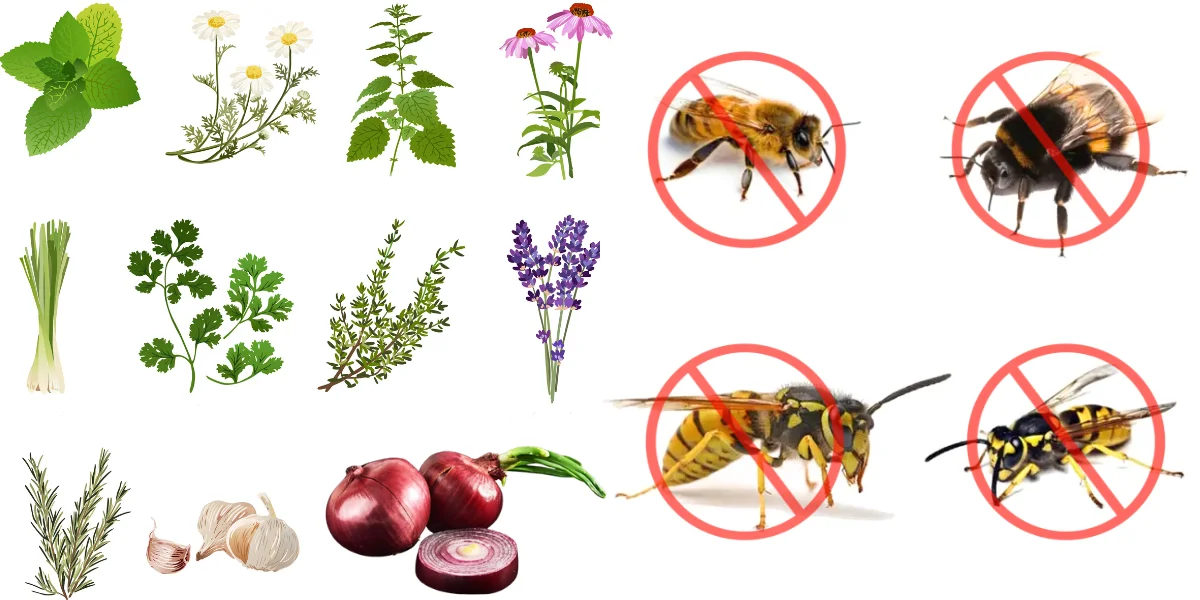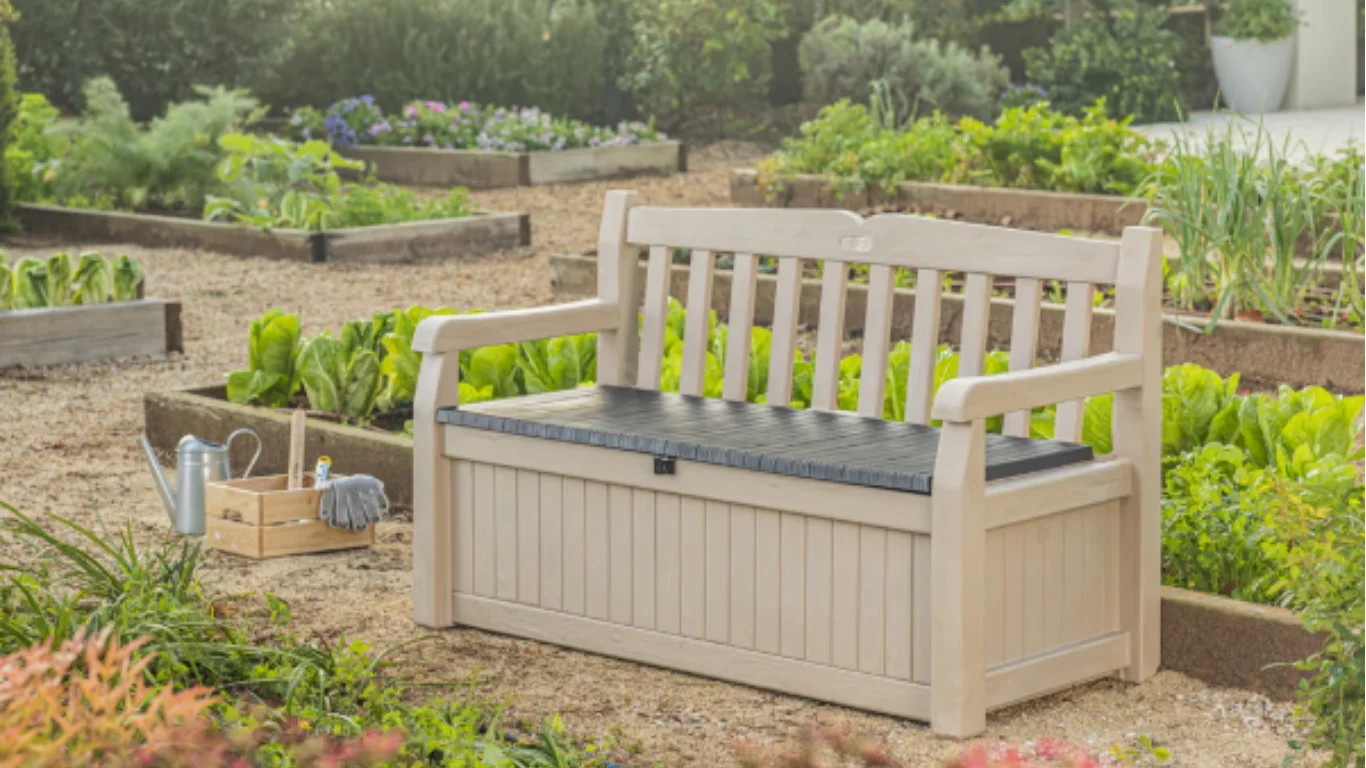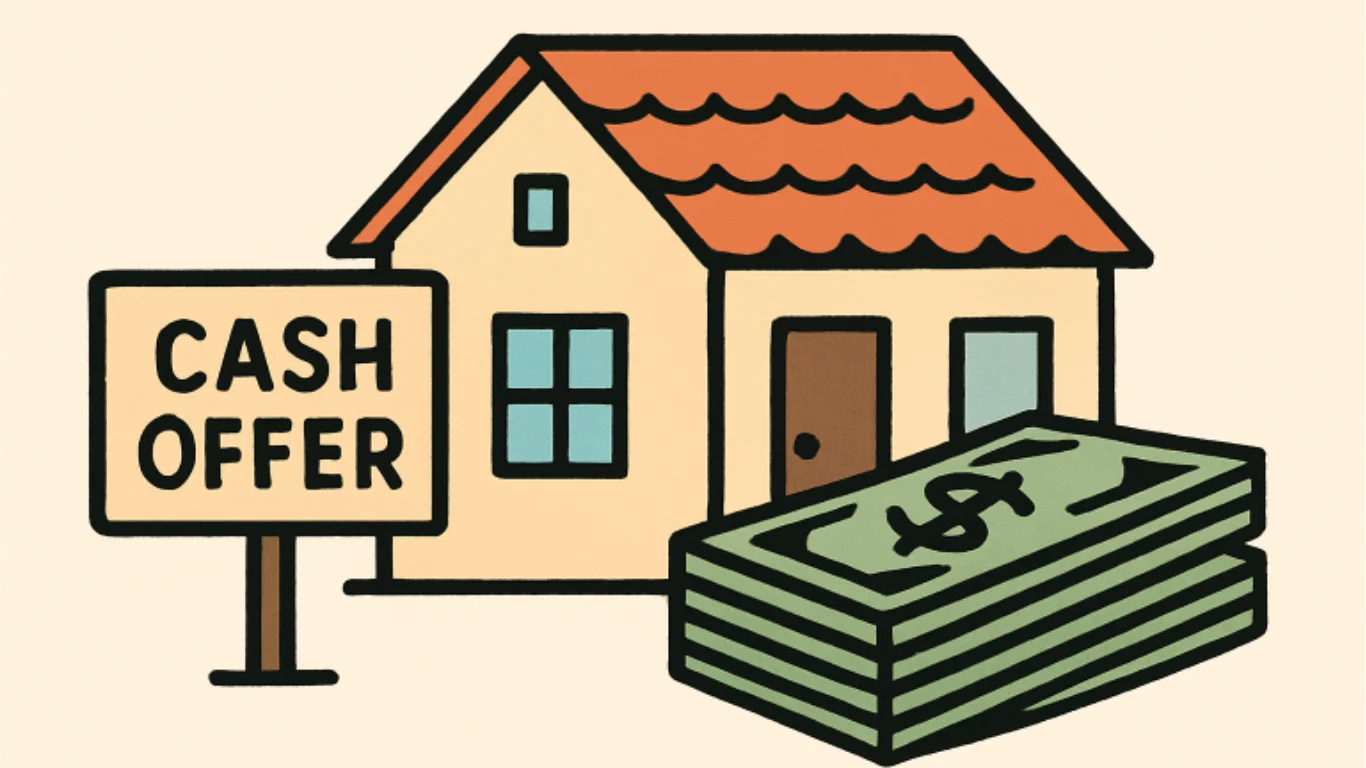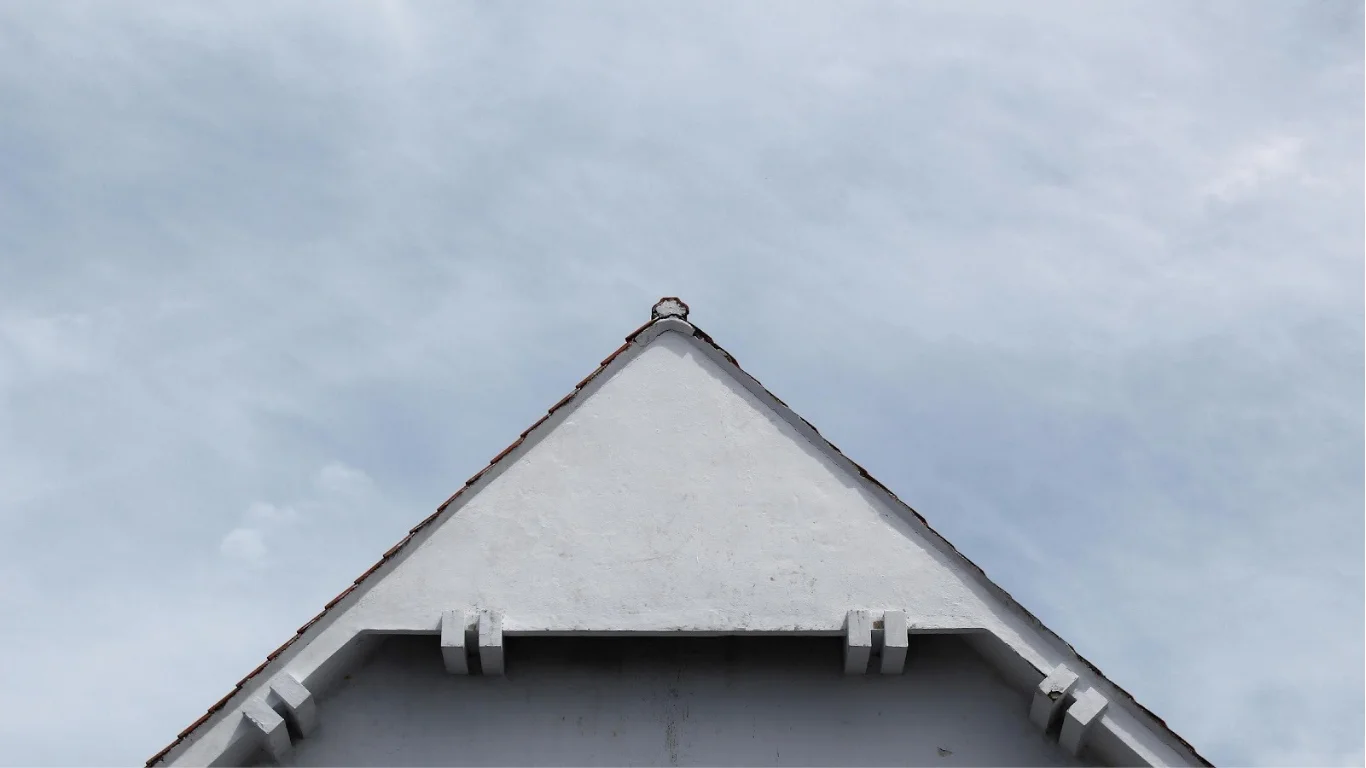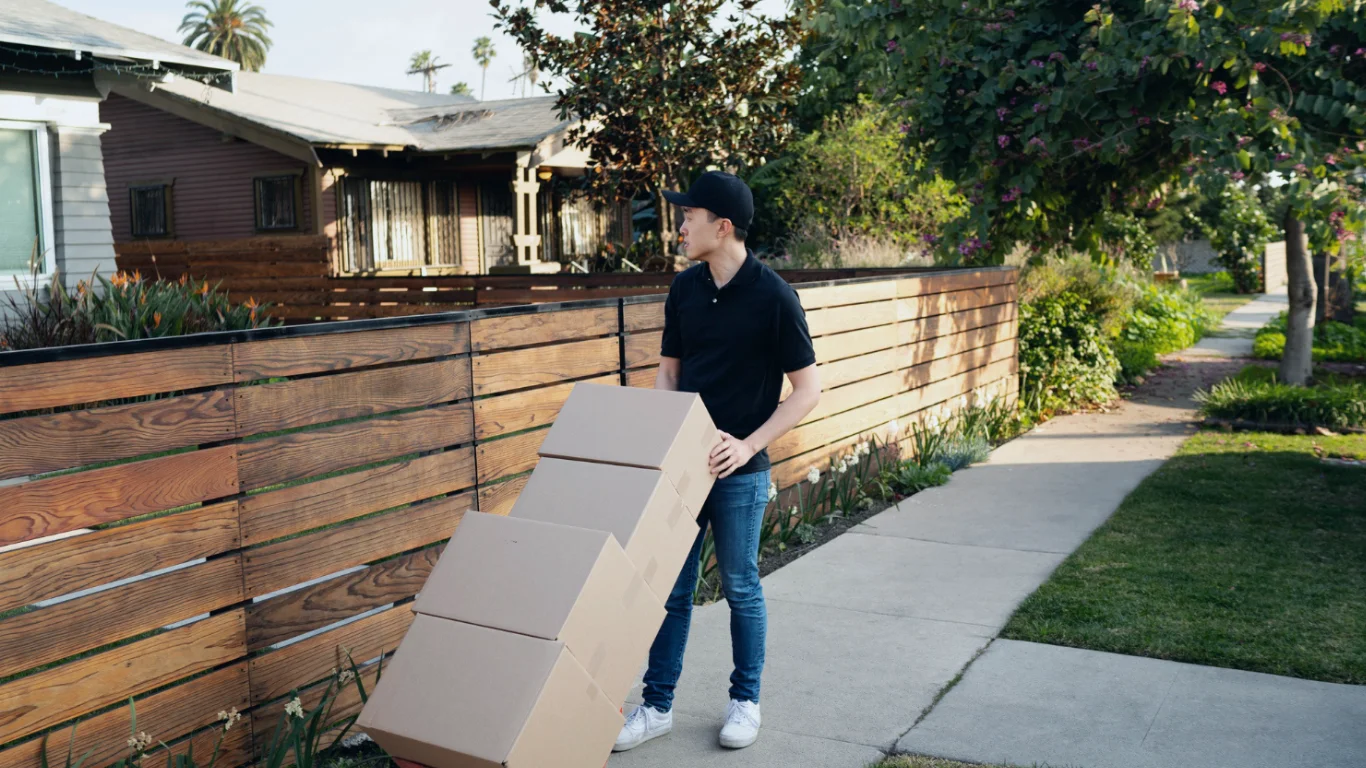Plants that Repel Wasps refer to specific types of vegetation known for their ability to deter wasps through natural scents, oils, or other properties. These plants can help create a more comfortable outdoor environment by discouraging wasps from frequent areas like gardens, patios, and yards. Bees and wasps naturally avoid different scents, oils, and colors found in nature. You can take advantage of these natural repellents by adding specific plants that repel wasps.
While bees are generally appreciated for their pollination contributions, wasps are often seen as irritating and many wish to deter from their property. Their presence can make it challenging for you and your guests to enjoy your time in your garden outside from home fully. Thankfully, several plants help keep wasps at bay from your garden and enhance the gorgeous charm of your home’s outside.
What Are Wasps?
Wasps are flying insects. They belong to the same group as bees and ants. Wasps have slender bodies and two pairs of wings. They can be bright colors like black and yellow. There are several types of wasps. Some live in groups, like yellowjackets and paper wasps. Others live alone. Wasps eat other insects and can help control pests.
Types of Wasps
There are many types of wasps but here I discuss 4 common Wasps that are found in gardens.
1. Yellowjackets
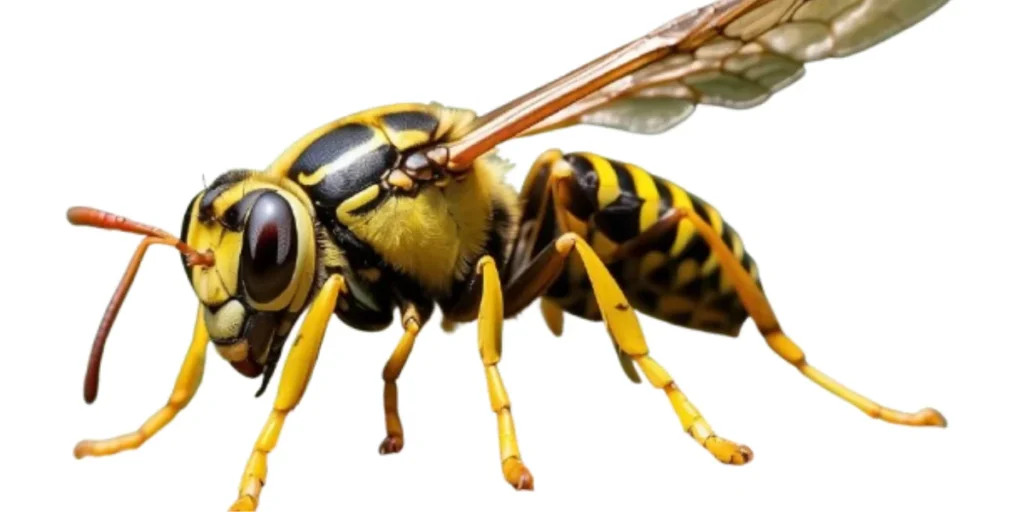
Yellowjackets are the type of wasps that are aggressive. It has strictly yellow & black markings on their bodies. Their habit of territorial & tends to when they feel threatened. You see them in summer.
2. Paper Wasps
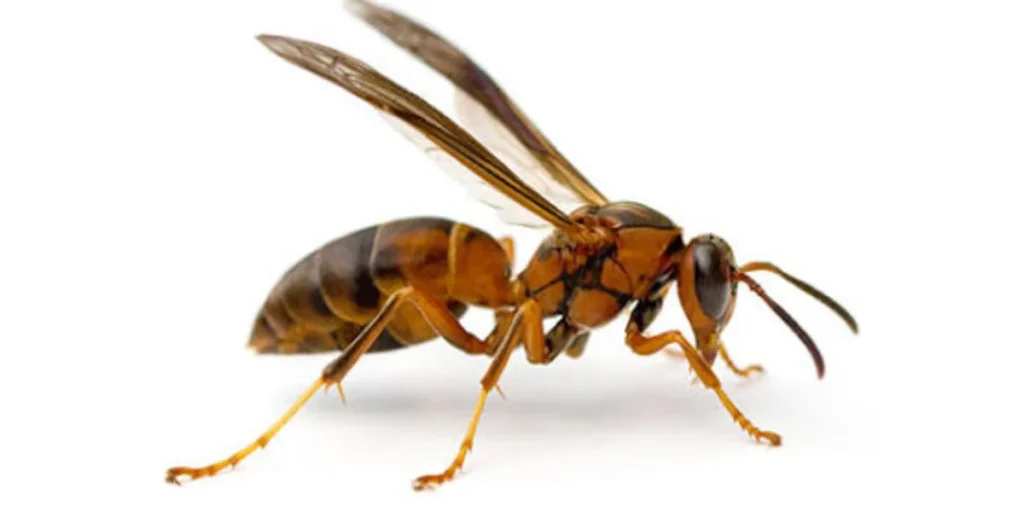
Paper wasps are well known for their long legs; they look somewhat different as compared to other wasps due to stretch. It is less aggressive than yellow jacket wasps. It looks black or brown and often features yellow or brown stripes. Their nests are similar to umbrellas made of a paper-like material.
3. European Hornets
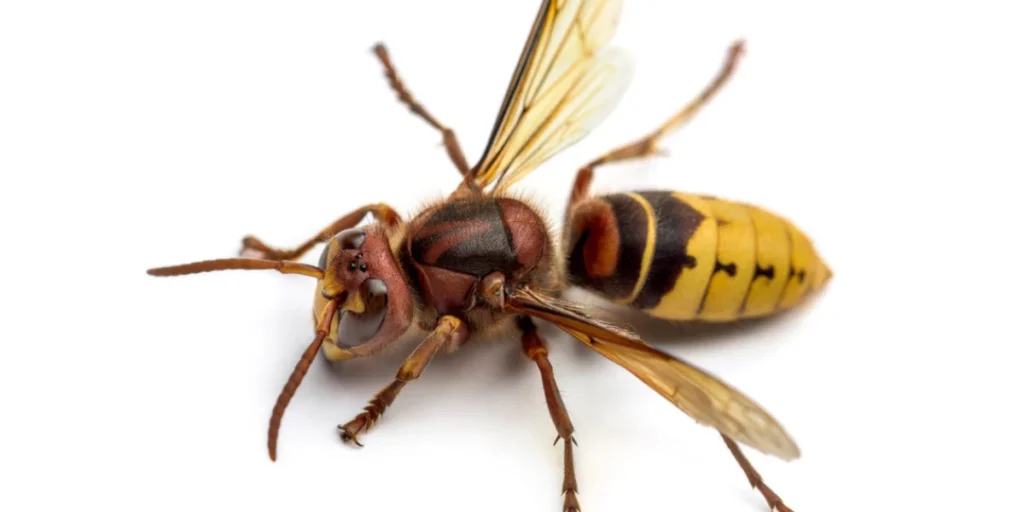
European Hornets are larger than yellowjackets. They are not the most aggressive strokes. They mainly consume insects and plant material rather than food. Their nests are usually found in sheltered locations on trees.
4. Mud Daubers
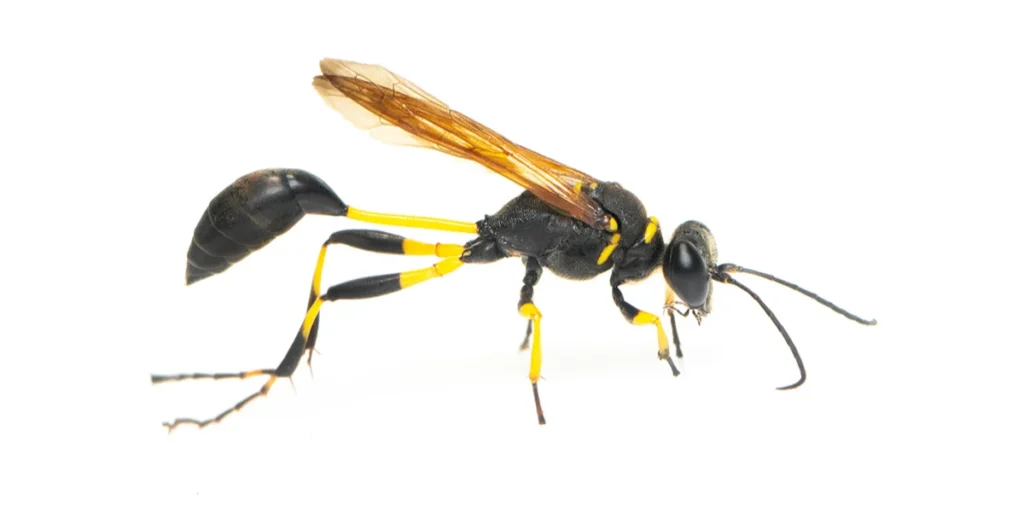
Mud Daubers eat spiders; they are less aggressive than humans. They build their nests out of mud in the tubes of slender.
Flowers and Plants That Repel Wasps
Many plants can help repel wasps due to their strong scents or natural properties. These plants keep wasps away from your garden & home. You didn’t need to use chemicals to destroy your yield or garden. Some natural Herbs & Plants are used to discourage wasps to come on your yield or garden. Let’s understand which plants repel wasps & make it easy to sit in the garden with your family & friends.
Following are the plants that repel wasps.
1. Cucumber
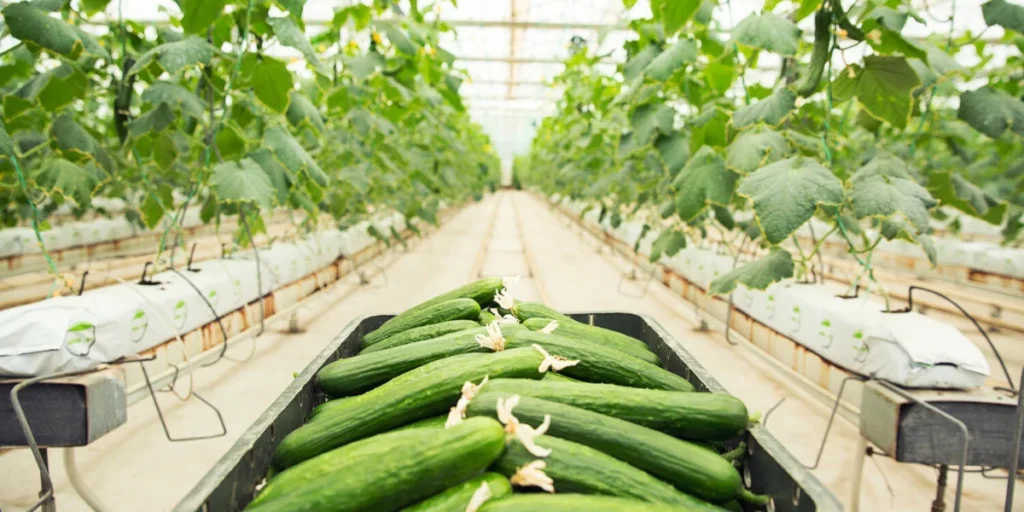
Cucumber plants themselves not to spread scent but their peels contain acid that bees and wasps dislike. You can scatter cucumber peels around your patio as a natural repellent. Cucumbers are used as a healthy snack or salad. Wasps find their bitter peels unpalatable. In tropical climates with moist soil, cucumbers can be planted directly; otherwise, use peels in your garden to deter stingers. Cucumbers are easily grown in the home garden.
2. Eucalyptus
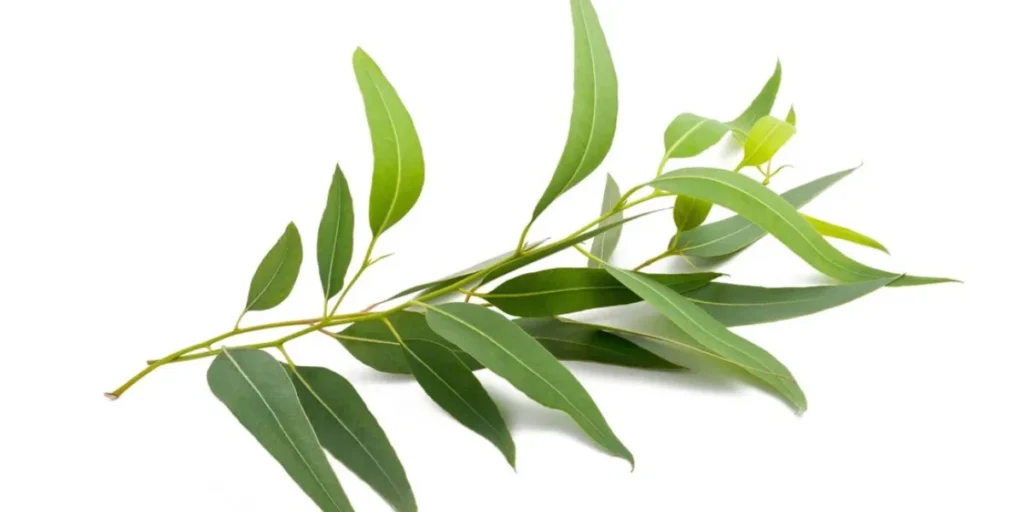
Its minty, citrus smell is nice for people but keeps pests like wasps, flies, and mosquitoes away. If you have room in your yard, think about planting one, as it likes warm, humid weather and lots of sun. Just remember, it grows quickly & needs direct sunlight so have some pruning shears ready! The best time to plant eucalyptus is the spring season. It repels wasps but does not save for pets such as cats & dogs.
3. Basil
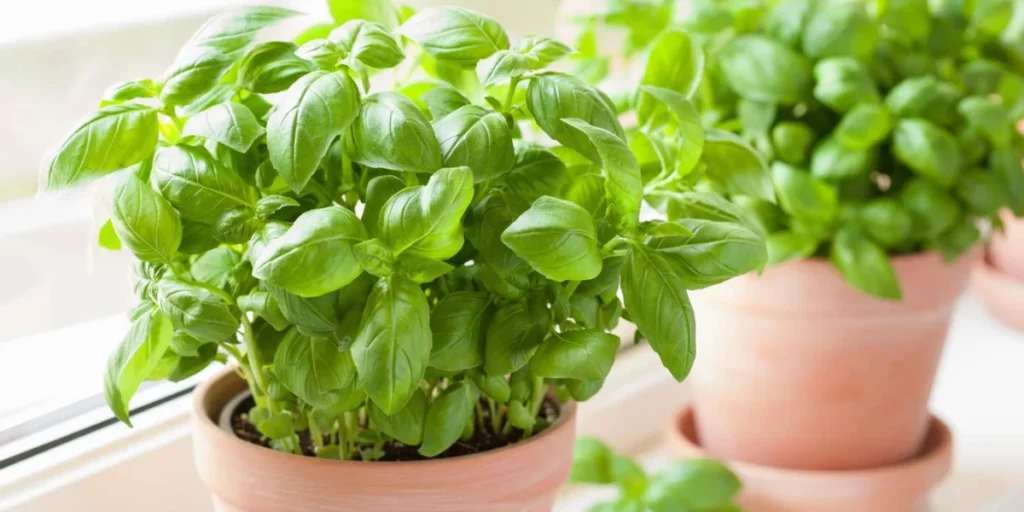
Basil is a world-famous herb that adds delicious flavor to your dishes, especially in soup. Its strong fragrance makes humans flesh but wasps & bees do not like this—plant basil in your garden & kitchen to keep away wasps & bees. Many people do not know basil is a natural plant that detracts wasps. Basils are one of the plants that repel wasps and keep away naturally without any damage.
4. Wormwood
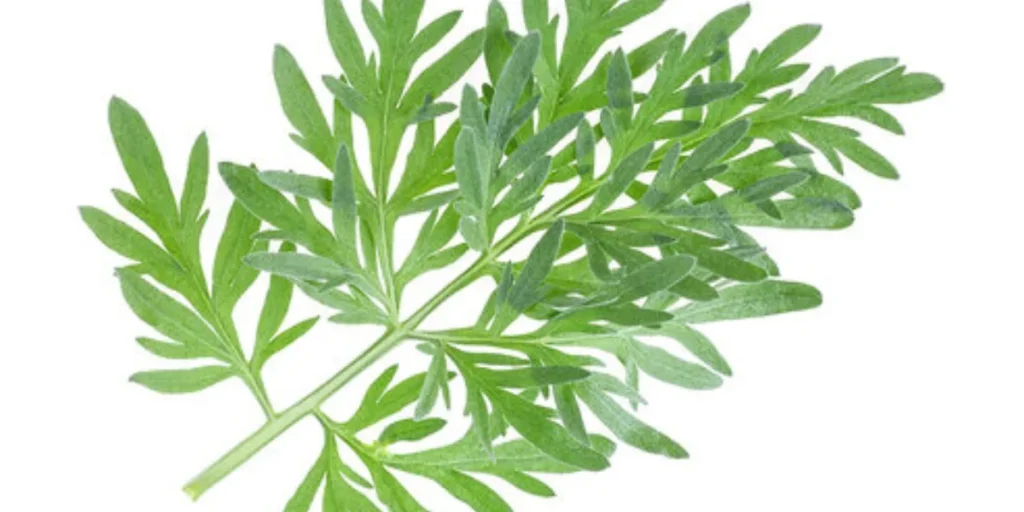
Wormwood is great for keeping wasps away. While absinthe is a popular drink, its strong smell repels wasps and bees. Just be careful; this plant can harm nearby plants, so keep it at a distance. Wormwood likes sunny spots with well-drained soil to grow well. Any wasps or bees can’t stay near if they stay they will die.
5. Citronella
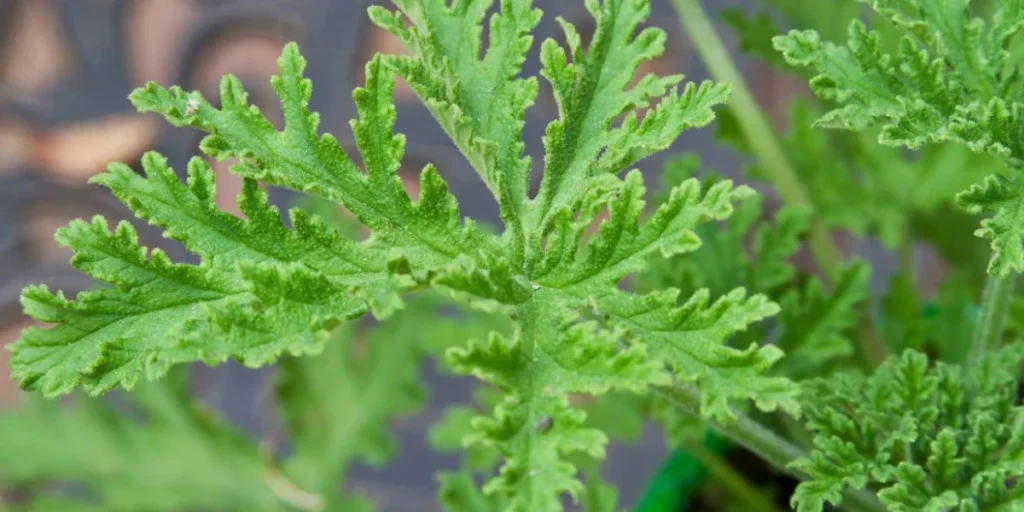
Citronella is famous for its lemony scent; it looks like grass. It helps deter mosquitoes & wasps. You can grow it indoors & outdoors. They require daily 6 hours of direct sunlight & proper draining soil. Be careful it can irritate skin and is toxic to pets. Consider safer alternatives if you have furry friends. The scent of citronella is used in candles.
6. Mint & Spearmint
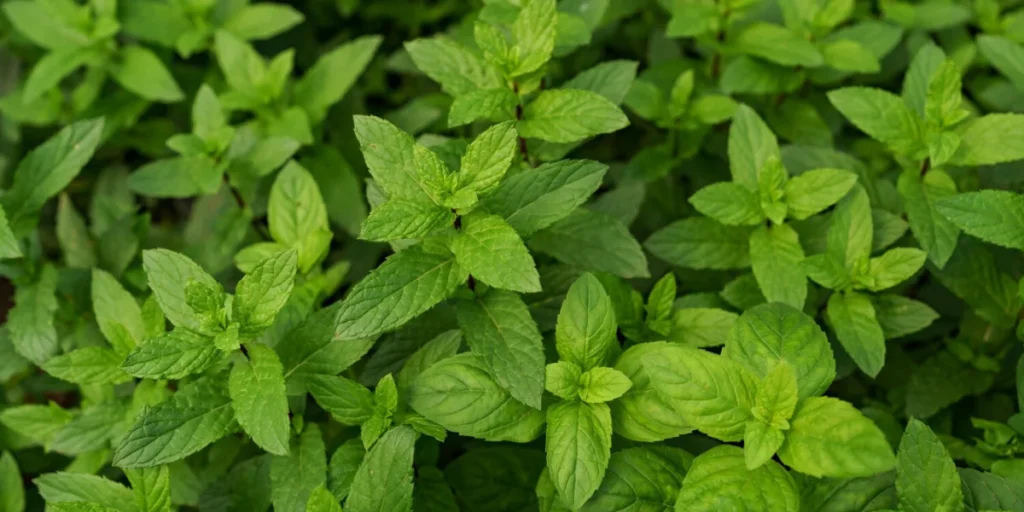
The mint fresh scent is pleasant for humans but repels wasps and other pests. It quickly grows in summer and can overtake the garden. If you have less space plant mint in a pot & container. It does not require sunlight as other plants need.
7. Pennyroyal
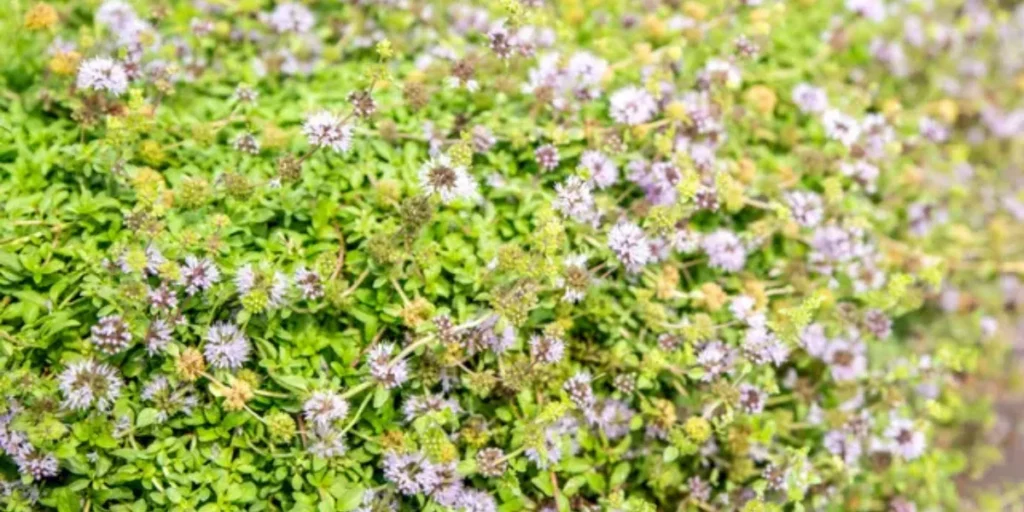
Pennyroyal is adding another list of plants that repel bees & wasps. Pennyroyal is a herb that belongs to the mint family bees & wasps stay away due to its strong smell. Its size is 6 inches to 1 foot. Due to its size, it is famous for less garden land. It is an ideal plant that can grow smoothly in the container.
8. Common Thyme
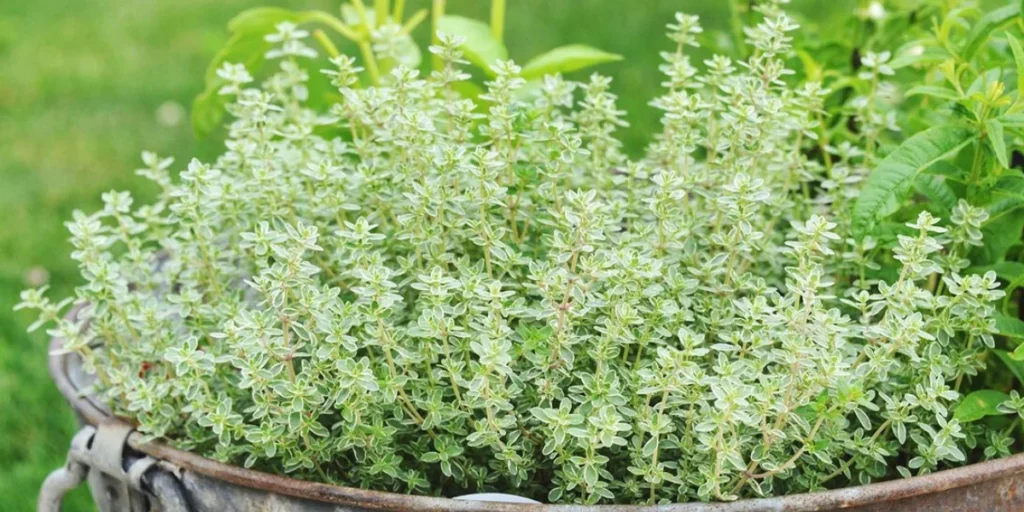
Thyme is another one of the best herbs that repel wasps with its fragrance. In the late spring and summer seasons, it blooms with a bunch of tiny white, pink, or purple flowers.
9. Marigold
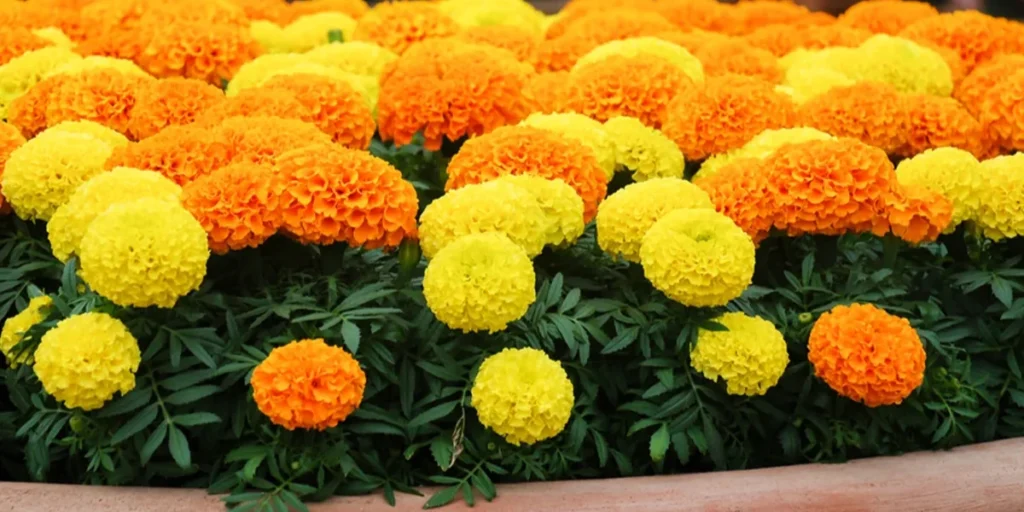
Marigold is an amazing & eye-catching plant due to its bright color of flowers. Its scent protects your garden from bees & wasps. It can be grown in pots and works well as border plants. They also help control other pests like mosquitoes and aphids making them a great choice for your garden.
10. Geranium
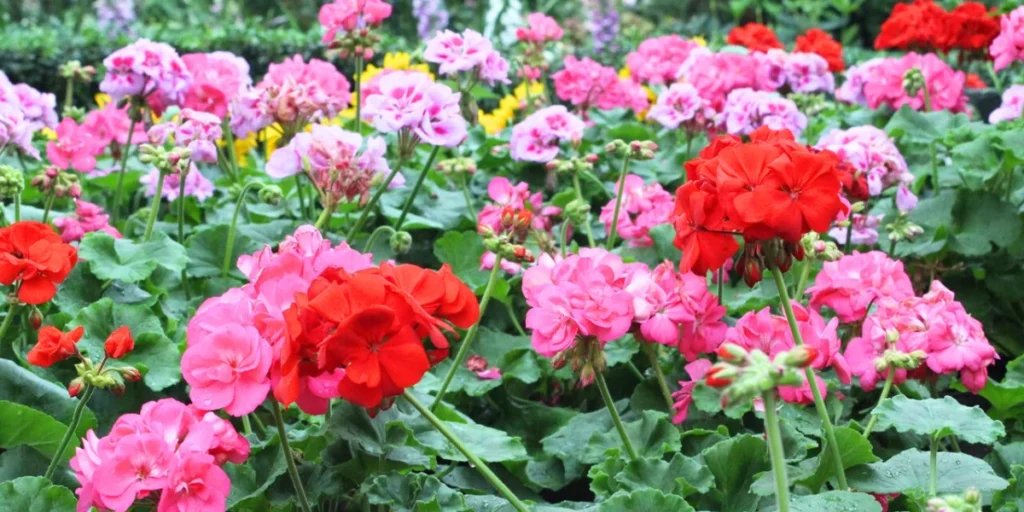
Geraniums spread a strong scent that acts as a natural deterrent for wasps. It is a unique plant because it produces little pollen. Their pleasant fragrance attracts people but repels wasps by confusing their pilotage. Since they’re low in pollen, wasps are not close to them.
11. Lemongrass
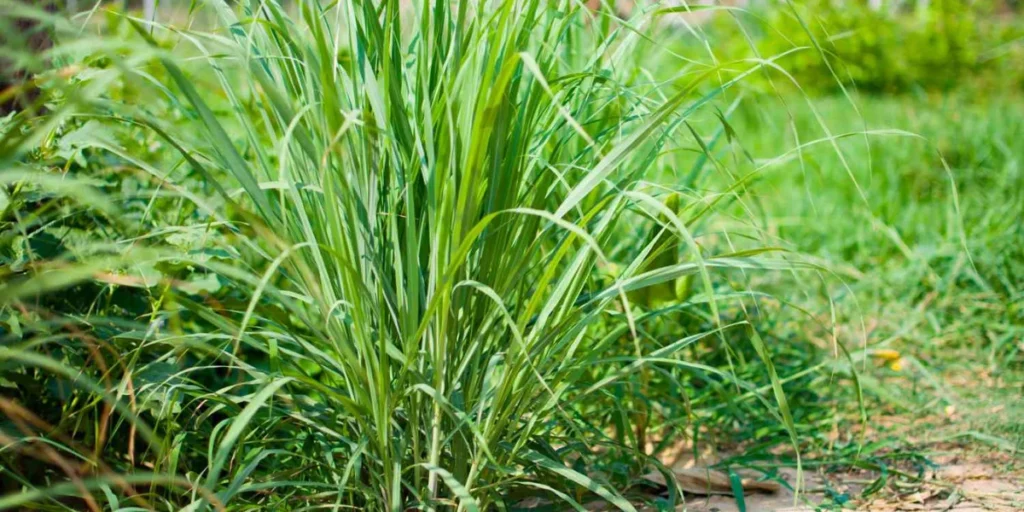
Lemongrass helps keep wasps away because of its strong lemony smell. You can plant lemongrass in your garden or use lemongrass oil mixed with water to spray around areas where you want to avoid wasps. This can help make those spots less appealing to them.
12. Lavender
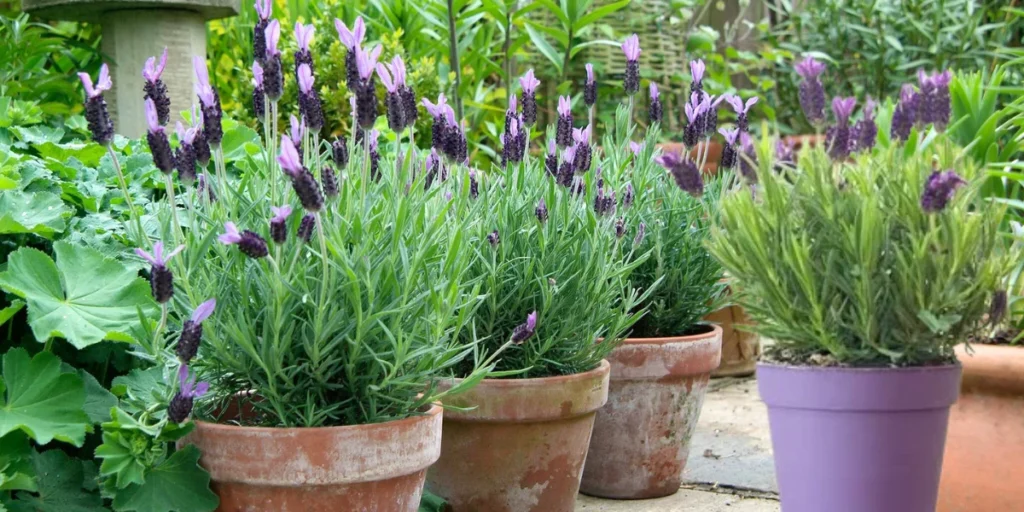
Lavender is an excellent all-purpose shrub known for its delightful fragrance, useful in everything from soaps to laundry. While humans love its scent, wasps & bees are not fans of this fragrance. To stay healthy & bloom yearly it needs plenty of sunlight & proper trimming. Its beautiful purple color is best for your home & bedroom plant.
13. Rosemary
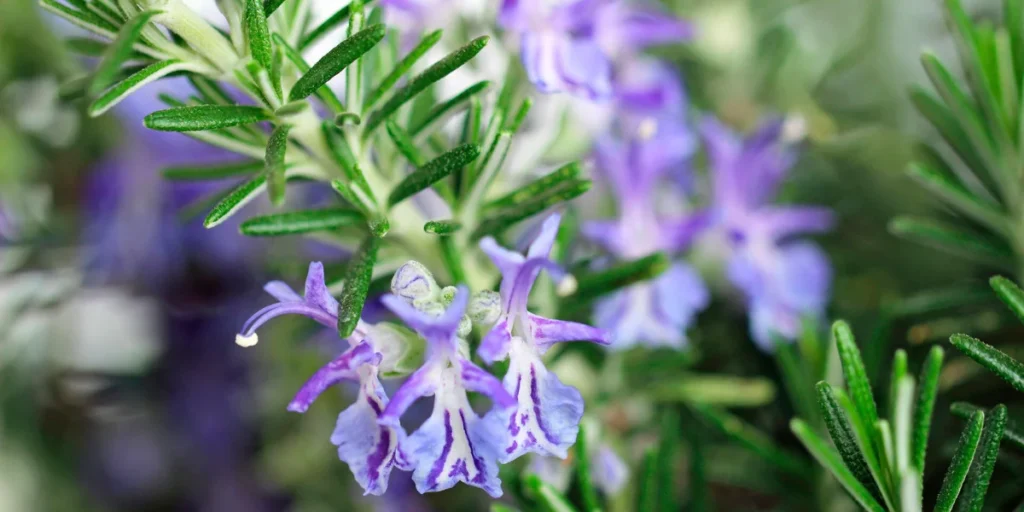
Planting rosemary alongside other naturally repellent plants may help reduce unwanted buzzing insects for better results. Like lavender, rosemary’s woody aroma can deter wasps and yellowjackets while attracting beneficial bees.
Rosemary bushes, known for their remarkable growth, feature needle-like leaves used in cooking and emit a distinctive fragrance. These plants also produce purple and blue flowers as excellent wasp repellents.
14. Fennel
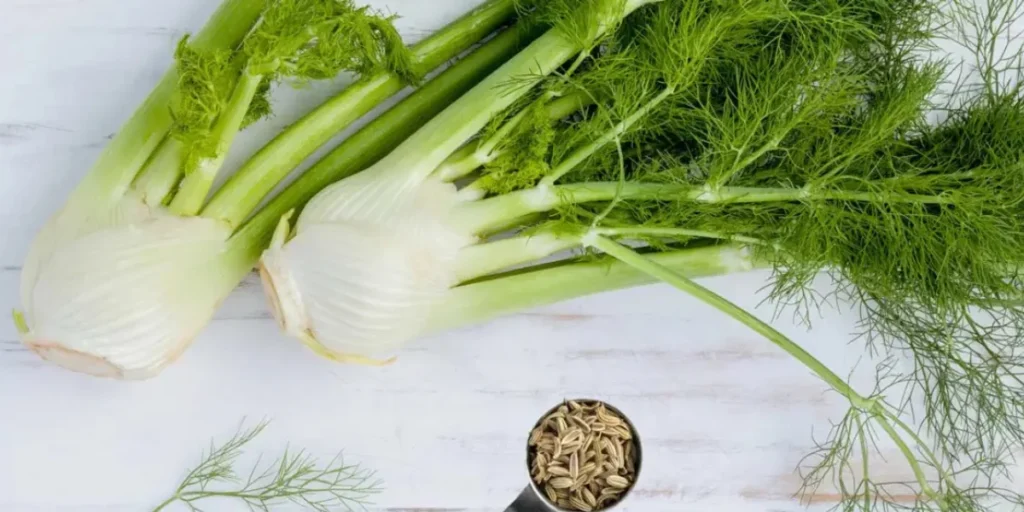
Fennel is famous for its specific flavor and aroma, and is most important plants that repel wasps and mosquitoes. It is used in cooking & herbal remedies. Its feathery leaves and bulb are edible, adding a sweet, anise-like taste to dishes. With lovely feathery leaves & yellow flowers, it looks beautiful & fantastic.
15. Bay Leaf
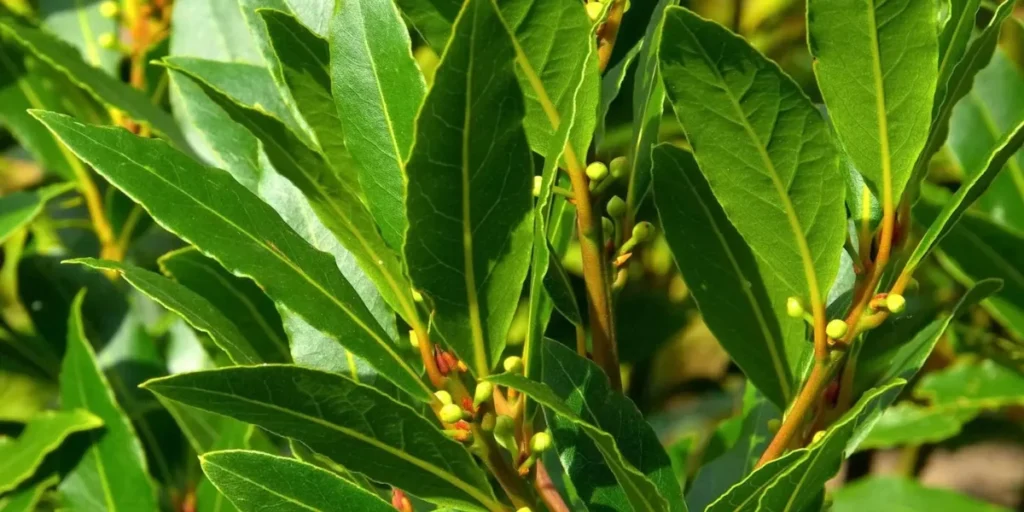
Bay Leaf is an aromatic herb that is known also as bay laurel. It is the scent of the bay leaf—enjoyable to us, unpleasant to them—that is believed plants that repel wasps and bees.
16. Begonias
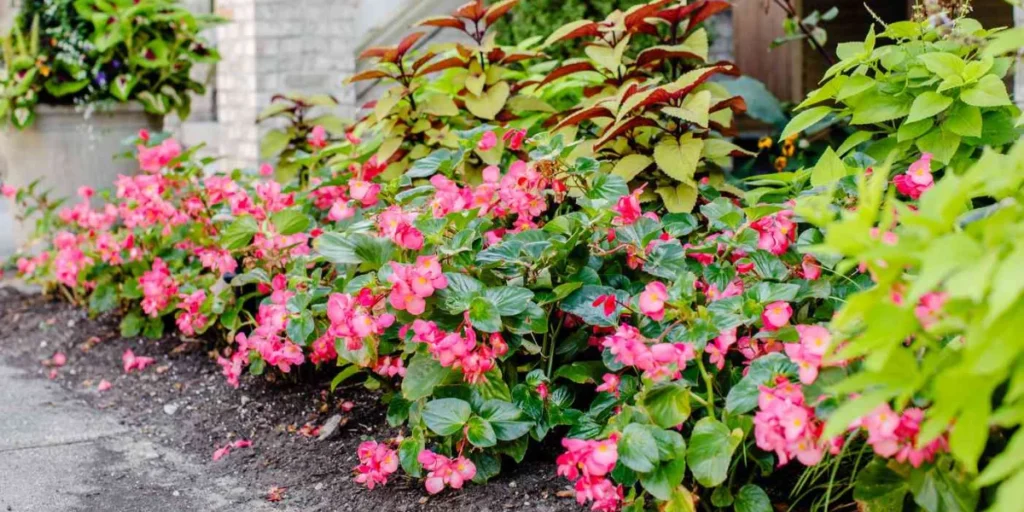
Begonias look pretty and easy to care for but, surprisingly, don’t attract bees very often. Because they don’t produce much nectar, they’re a great choice for a garden without bees.
17. Cardinal Flowers
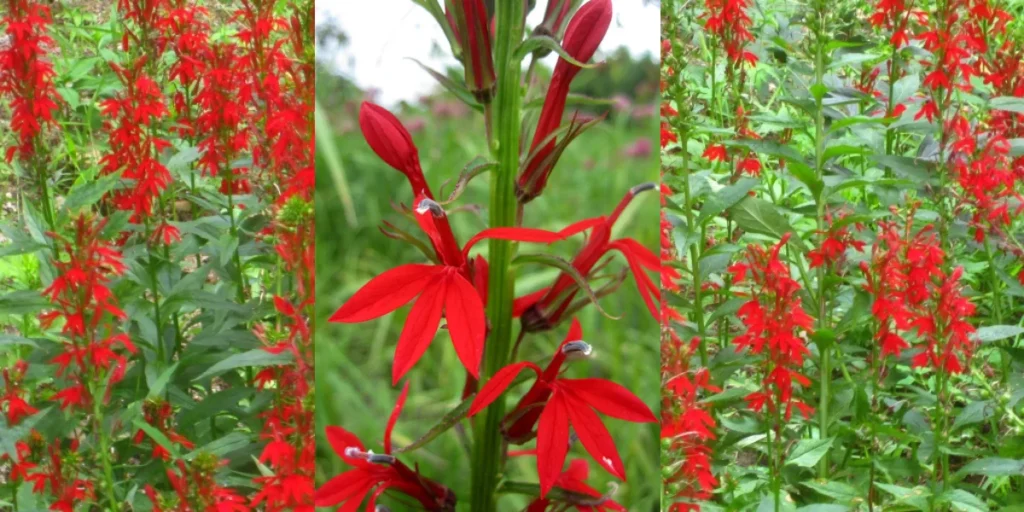
While it may seem strange to plant flowers to keep bees and wasps away, many flowers naturally attract fewer of these insects. Cardinal flowers are one example. Bees don’t see the bright red color of these flowers, so they aren’t drawn to them. Instead, they see a grayish or black color, which makes them look for other plants to pollinate.
18. Catnip
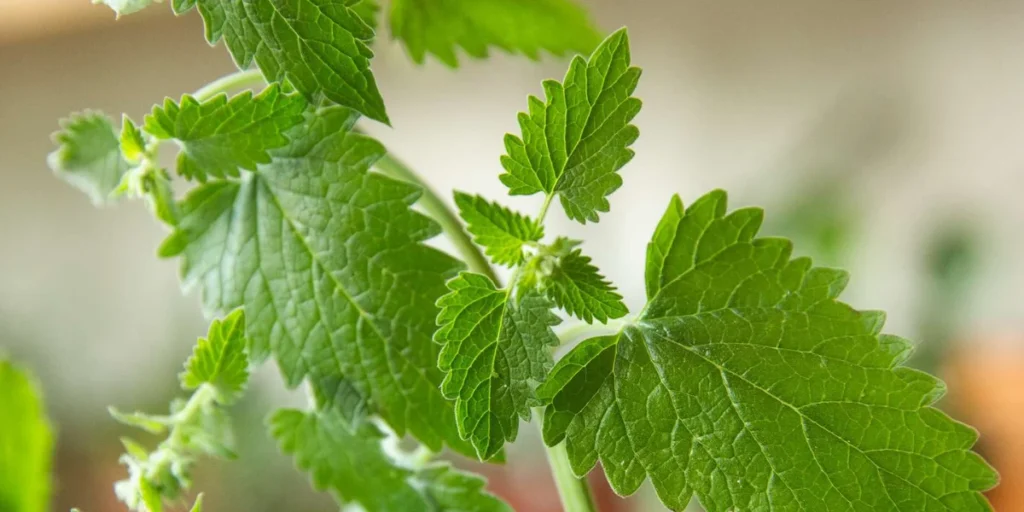
The catnip plant is similar to the mint family. Cats love the catnip plants. When cats smell it they play, rolling around, rubbing against things, and purring. It is a seasonal plant showcasing beautiful blossoms and fragrant leaves, and are most common plants that repel wasps.
19. Chives
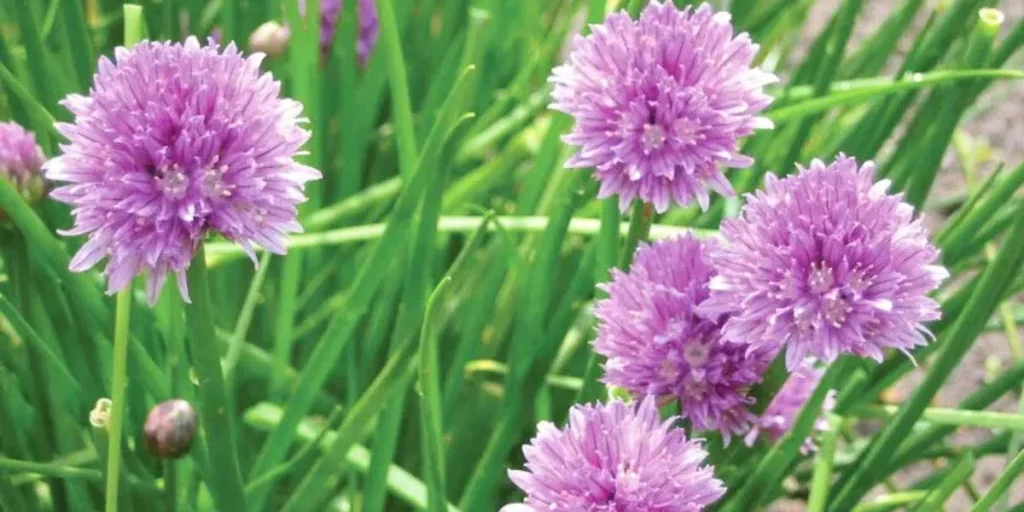
The strong scent of chives can help keep wasps away. Chives belong to the allium family like garlic and onions. Its strong smell can repel a lot of pests. It is safe for humans but harmful for cats & dogs. For best results, plant chives with other plants that are repellent for wasps.
20. Clove
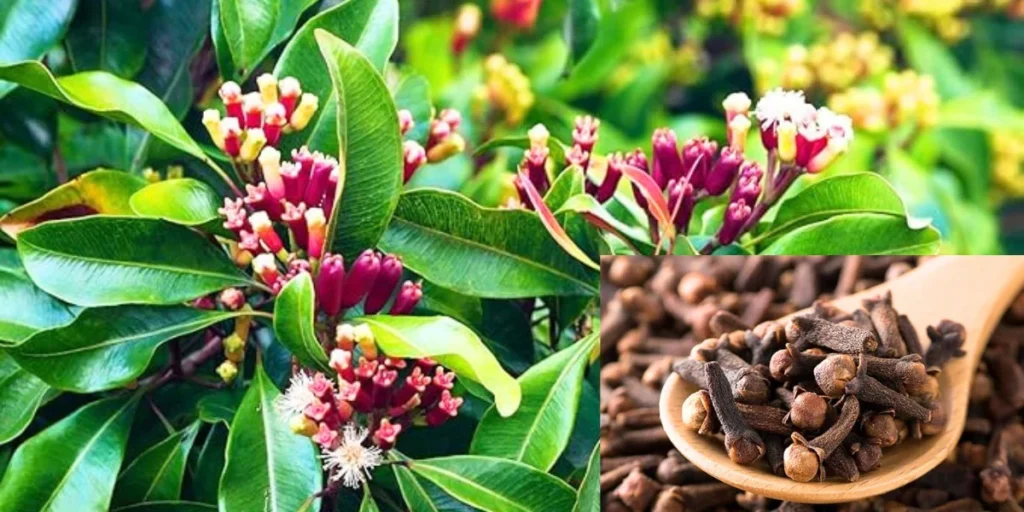
Bees and wasps are far away from your garden because cloves have a strong scent. Its dried flowers & buds are used in cooking to add additional taste. Clove trees can enhance any garden’s value. However, they work best when paired with other plants that repel bees and wasps. It grows slowly. It’s better to plant them in advance of pollinator season and to be ready for a considerable time commitment.
21. Ferns
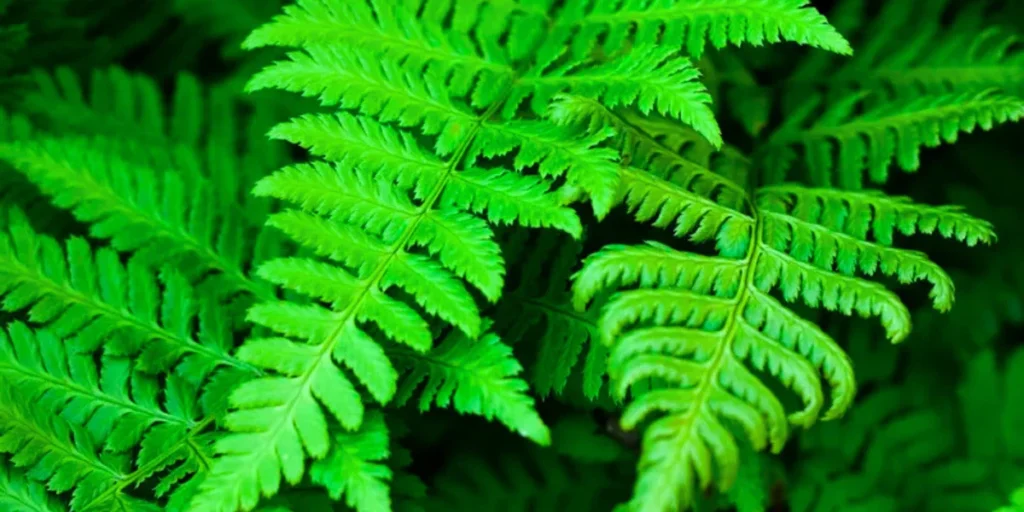
The Fern plant itself does not spread any scent. It is a Non-flowering plant that can help prevent bees and wasps from being attracted to your garden. It doesn’t produce pollen, pollinators are usually less interested in them. Ferns are an excellent choice because they typically don’t attract many pests or insects.
22. Garlic
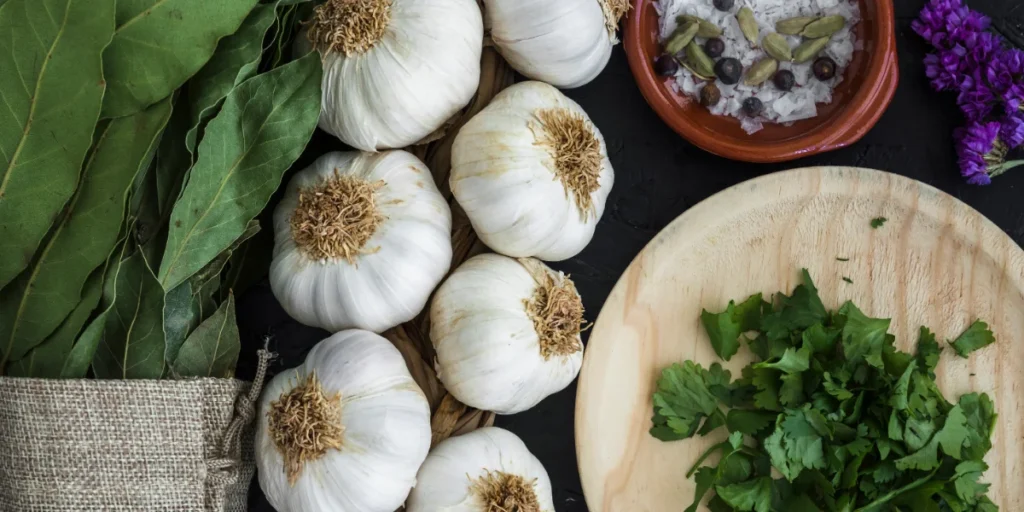
Planting garlic in your garden is the best way to save your garden from bees & wasps. Garlic should be planted in the fall since it grows in cooler temperatures. Its scent can also help deter unwanted insects during the warmer months. Consider it while discovering plants that repel wasps.
People also read how to plant garlic.
23. Onions
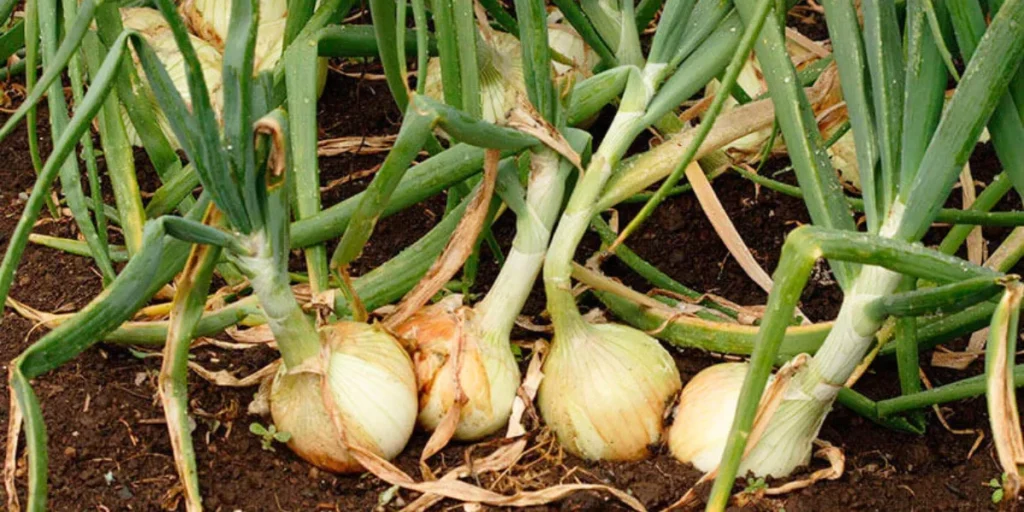
Bees do not come to close your garden due to the onion smell. Onion plant that deters bees due to high potassium. Some food lovers love to eat it but pest deterrents against aphids, rabbits, and other pests. Onions are one of the plants that repel wasps.
People also read how to grow onions.
24. Sage
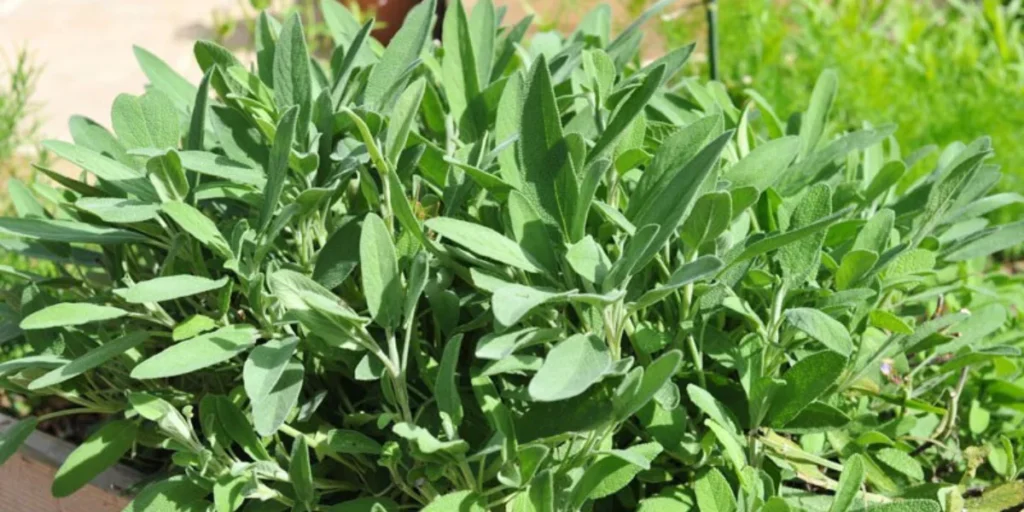
Sage is a herb that releases a fragrance that can keep away wasps. When we crush their leaves it releases aromatic oil. It is the simplest herb that can be planted in both seasons spring & fall. You can easily cultivate it. Sage makes a great addition to any herb garden.
Now you have learned successfully all the plants that repel wasps.
People also read Bugs That Look Like Silverfish
15 Natural Ways to Get Rid of Wasps
Wasps come in the warm season, and many people can’t enjoy their special time in gardens or parks with family & friends. You can try to use natural wasp-repellent to protect your garden.
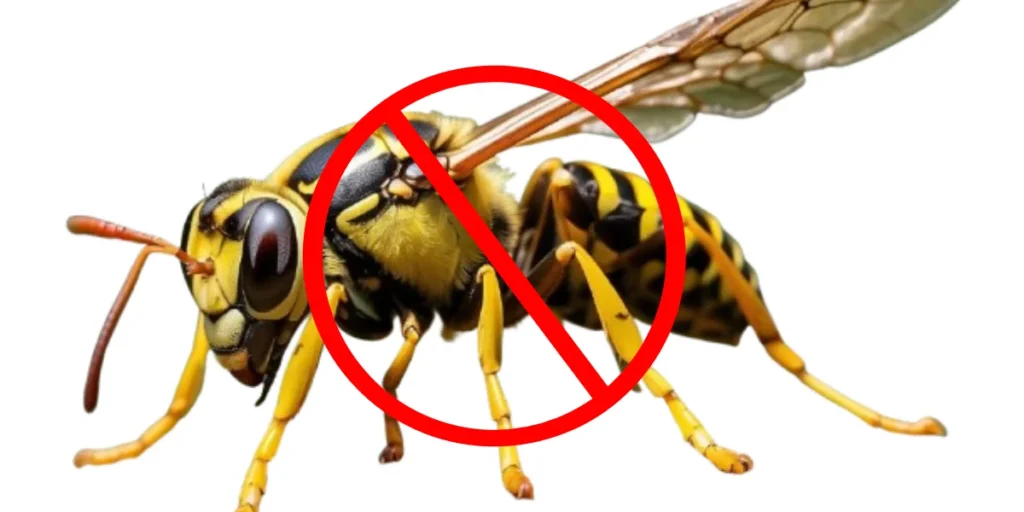
1. Grow different types of plants that repel wasps from your garden
Wasps can sense strong smells which help them to find food sources around them. They use this ability to track down our picnics and gatherings, but it can also be turned against them. Some herbs & repelling such as lemongrass, common thyme, wormwood, peppermint, eucalyptus bay leaves & cloves will be avoided. Followers like marigolds, pennyroyal & geraniums also deter wasps.
2. Make a Homemade Wasp Catcher
Use a soda or water for a simple wasp trap the bottle filled with an enticing syrup that attracts, traps, and drowns them. Cut off the top third of any plastic bottle & invert it with the cap removed, and place it into the bottle so the opening points down. The inverted top acts like a funnel to guide the wasps inside.
Make a simple syrup
Mix 1 part of sugar with 2 parts of water. Boil it & let cool the mixture. Place the bottle in your yard away from busy areas, bird feeders, and spots where you eat, play, or socialize.
3. Make an Effective Homemade Spray Repellent:
Using Essential Oil
To make an effective homemade chemical-free spray for repellent you need these 6 things:
- Large Spray Bottle
- Water
- Dish Soap
- Peppermint Oil
- Geranium Oil
- Lemon Grass Oil
Final Step to Make Spray Repellent
- Fill an empty spray bottle with plain water and measure the amount.
- Add a few drops of dish soap
- 10 to 20 drops of each essential oil added into the spray bottle.
- Shake before use.
- Spray in areas where nests have been before or where they are likely to form.
4. Remove Food Sources
Before taking any action it is important to determine why they are coming into your home or garden. Is there any food source that attracts them? If you figure out the cause, get rid of & clean that area of the home properly.
5. Food Scrap
Wasps enjoy protein and remove any food scraps or crumbs from your garden. So make sure to clean your grill and the area around it well to keep them away.
6. Avoid Leaving trash Cans uncovered
Unseal trash bin attracts the wasps toward the food. Wasps try to make their nest near uncovered cans. Make sure to seal it properly to avoid new wasps & old.
7. Keeps Drinks Cover
Wasps consume beverages from flowers so they consume high amounts of sugar. So they enter open in drinks glasses, cans & soda bottles. To avoid encounters with wasps it is important to cover your drinks.
8. Use Combine Essential Oils with Plants that repel Wasps
To deter wasps, use a blend of essential oils by mixing clove, lemongrass, and geranium. Combine a few drops of each in a spray bottle with a few tablespoons of dish soap and fill with water. Shake well and spray on established nests, checking under porches and eaves. For ongoing protection, apply in areas where nests have been seen before to prevent wasps from returning.
9. Use Fake Nest of Wasps
A fake wasp nest can be effective because wasps are very protective of their territory and won’t build near other nests. You can purchase fake nests or create one yourself by blowing up a regular paper lunch bag and tying it closed. Hanging it under your eaves to trick unwanted wasps. This kind of decoy looks like a nest made by bald-faced hornets. Hanging a fake nest can keep queens away in spring and stop hungry workers from getting too close.
10. Fill Holes in the Ground
Some types of wasps, such as yellow jackets, build large nests underground. In spring, fertile females try to find empty rodent burrows to see if they are safe spots for nesting. To prevent yellow jackets from using an empty gopher hole. Make sure to fill in any holes in the ground around your house & garden.
11. Patch Up Crack
Seal gaps around your home and foundation to stop wasps from nesting. Focus on cracks near the siding and where wires enter. Repair these in autumn before spring arrives—close openings around patios, decks, and eaves to prevent nests. If a spot offers protection, a female wasp may choose to build there.
12. Clean up Debris Found Under Fruit Trees & Bushes
As you know, wasps are pollinators. They are attracted to nectar but they make nests where different plants or trees of fruit juices are available for their food. It is a reason to build a nest for a filter female. If you clean properly & regularly your ground or garden land under the tree female wasps can’t build their houses.
13. Use Soap & Water Mixture
Soap & water mixture helps to knock out the small nest of wasps. The dish soap will block the pores that wasps use for breathing, leading to drowning. Take a spray bottle, fill it with water & add 2 tablespoons of dish soap shake or mix them properly. Spray the mixture on the nest and it kills the wasps instantly. It’s important to wear protective clothing to avoid being stung.
14. Mix Peppermint Oil Solution
Take a spray bottle and add a few drops of peppermint oil with a few drops of dish soap. Add water in a bottle and mix all these 3 things. Now, apply the mixture to any active nests or areas where you’ve noticed wasp nests before.
15. Hang Dry Sheets
Give this simple solution a try to see if it helps keep wasps away. Around your patio or deck hang the dry sheets and place them in your mailbox. If any spot where wasps tend to nest. Some people say it works while others find it doesn’t have much effect.
Also read about Plants That Need No Light.
Conclusion
To add these effective plants that repel wasps from your garden, you can make a lovely and wasps-free garden in your home. Wormwood, mint, eucalyptus, marigold, pennyroyal, basil, citronella, geranium, thyme, and lemongrass are all some of the best & perfect options for naturally deterring wasps. Moreover, adding bright colored flowers to your garden is an additional way to avoid wasps.
FAQs
As we know wasps have a strong sense of smell. Lemongrass, eucalyptus, geraniums, cloves, and peppermint smell very strongly; it is enough plants to keep wasps away.
Citronella is generally known as a mosquito plant but its strong smell is deter wasps.
If you enjoy dining outdoors, wasps are attracted to the food. Covering your food with lids & mesh covers help to discourage plants.
Bees generally don’t like peppermint due to its strong scent. Its oil is also used to keep away from home.
Bees are attracted to dark colors, they hate light colors such as white & pale etc.
Wasps are not like strong scents such as Peppermint, Cinnamon, Vinegar, Clove oil, and Citrus.
